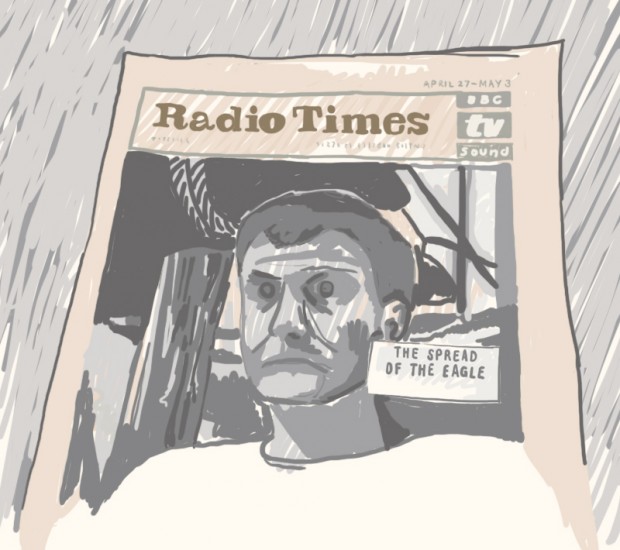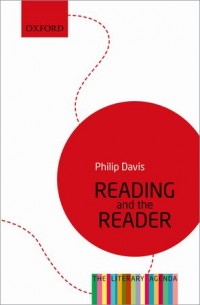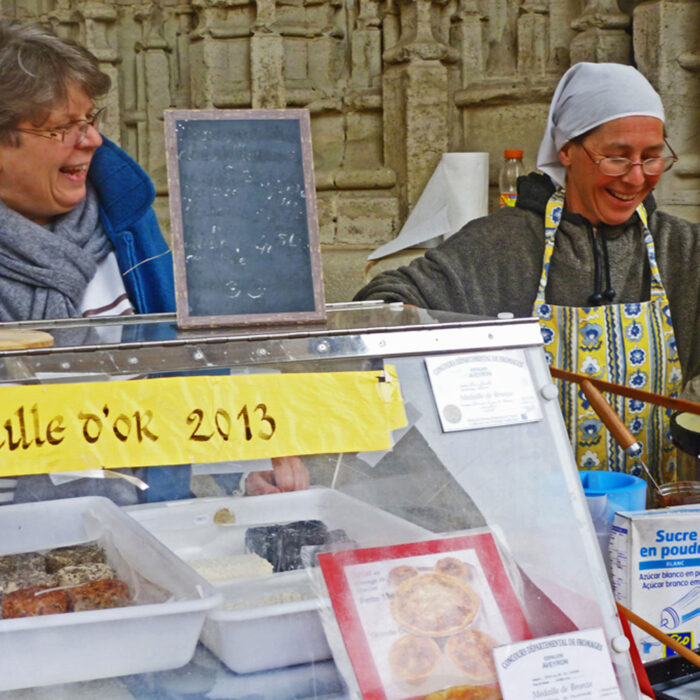You have no items in your cart. Want to get some nice things?
Go shopping
I remember the first time Shakespeare got me. It was a television performance of Coriolanus in 1963, starring Robert Hardy, and my parents let me stay up to watch it, alone, after they had gone to bed. I remember being thrilled by that line to his soldiers: “Make thou a sword of me!” Suddenly I saw how someone could be a function – more than a mere person – the very sword of Rome.
I remember my teacher Stanley Middleton, a novelist, calling Twelfth Night the perfect play for its amalgam of sadness and happiness. It features in a fine novel of his called Cold Gradations. I remember the old man in that novel, going to see the play for what he fears may be the last time. He loves it when Viola says simply of Olivia’s refusal of the duke’s love, “If I did love you in my master’s flame…In your denial I would find no sense/ I would not understand it.”
I remember Middleton telling me about John Dover Wilson, the Shakespeare scholar, who felt he was born to write about Hamlet. Middleton said that was a great thing – to find that sense of calling in whatever form. I remember seeing Olivier, in the Hamlet film, high on a rocky hill, thinking of heaven and earth. These things came up in a recent interview for The Reader Magazine with an actor I greatly admire – Maxine Peake – who is daring to play Hamlet, herself, in Manchester this autumn.
I remember offering a hypothesis to some brain-scientists for trial by EEG and fMRI – experimentation via electrodes and by scanner. The proposition was that Shakespeare was the epitome of poetry’s capacity to shift the pathways in the brain – by sheer force of language, metaphor, verbal shifts of grammar at key moments. I remember how we talked about the ‘dramatic’ effect on the brain, the ‘tempest’ of the mind, the power of the ‘mind’s eye’. The experiments showed suddenly aroused levels of excitement and attention, Shakespeare’s great wow moments taking us out of the norm, the known, the predictable.
I remember another great cry in the theatre the first time I went – Lear to the storm: “Blow winds and crack your cheeks.” It refers to those maps with cherubs issuing winds from the earth’s corners, cheeks split from the strain of puffing. I remember the sense of sudden hugeness – and these are the lines I now hand over to the neuroscientists for brain-imaging experiments. And yet for all their being so memorable, these phenomena never feel like mere memory in Shakespeare: because of the language, it feels as if the thing (whatever it is) is happening for the first time again.


About Philip Davis
Philip Davis is editor of The Reader magazine and director of the Centre for Research into Reading (CRILS) at the University of Liverpool, as well as being a Professor of English literature. His publications include works on Shakespeare, Samuel Johnson, The Victorians, Bernard Malamud, as well as books on reading itself (The Experience of Reading; Real Voices: On Reading).




